The church’s very first need, before it can begin to engage in evangelism, is an experience and an assurance of Christ’s peace – peace of conscience through his death that banishes sin, peace of mind through his resurrection that banishes doubt. Jesus repeated his greeting for emphasis. “Peace be unto you,” he said, “peace be unto you.”
It is utterly impossible to preach the gospel of peace to others unless we ourselves have peace. Indeed, the greatest single reason for the church’s evangelistic disobedience centers in the church’s doubts. We are not sure if our own sins are forgiven. We are not sure if the gospel is true. And so, because we doubt, we are dumb. We need to hear again Christ’s word of peace, and see again his hands and his side. Once we are glad that we have seen the Lord, and once we have clearly recognized him as our crucified and risen savior, then nothing and no one will be able to silence us.



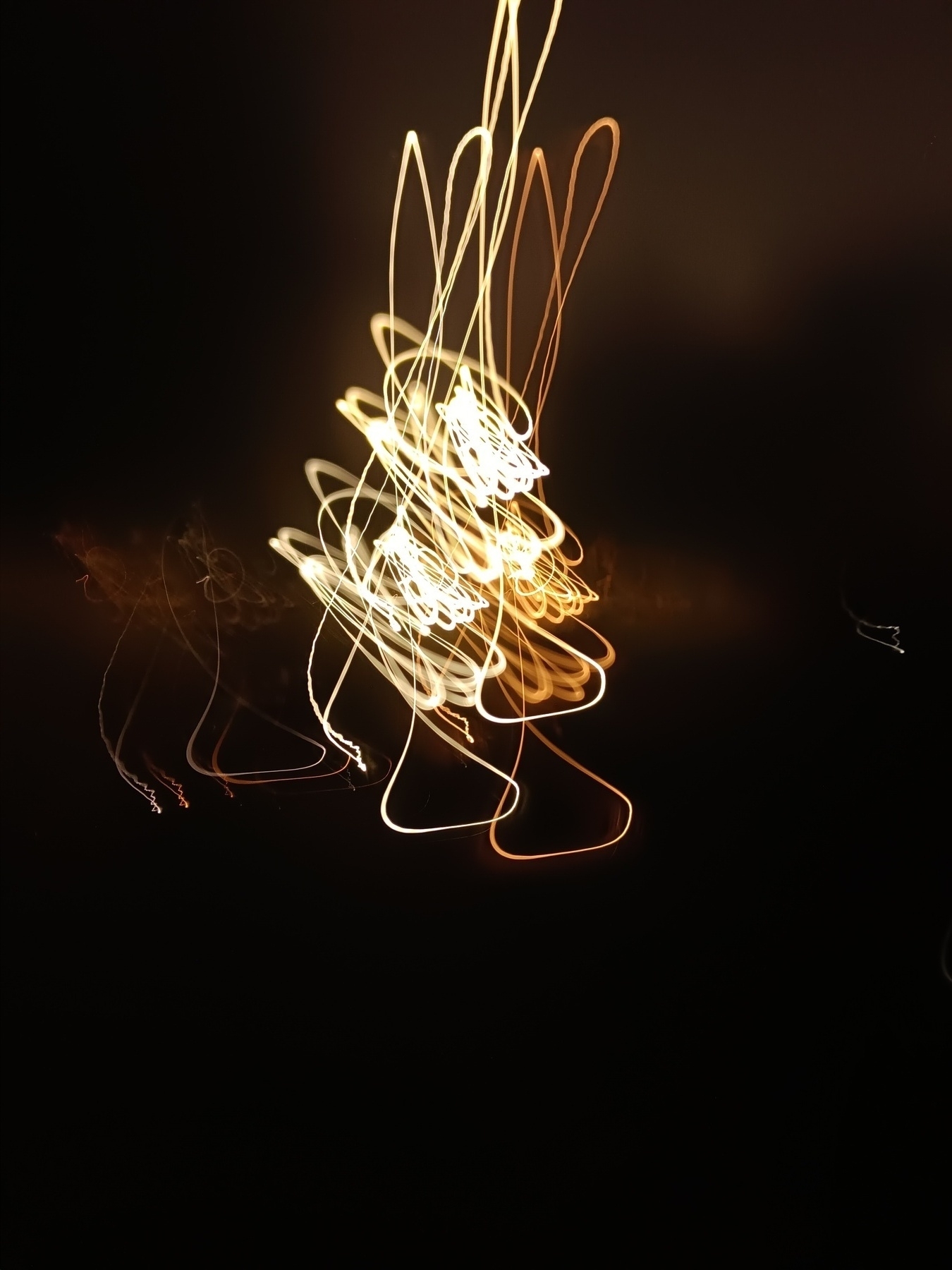
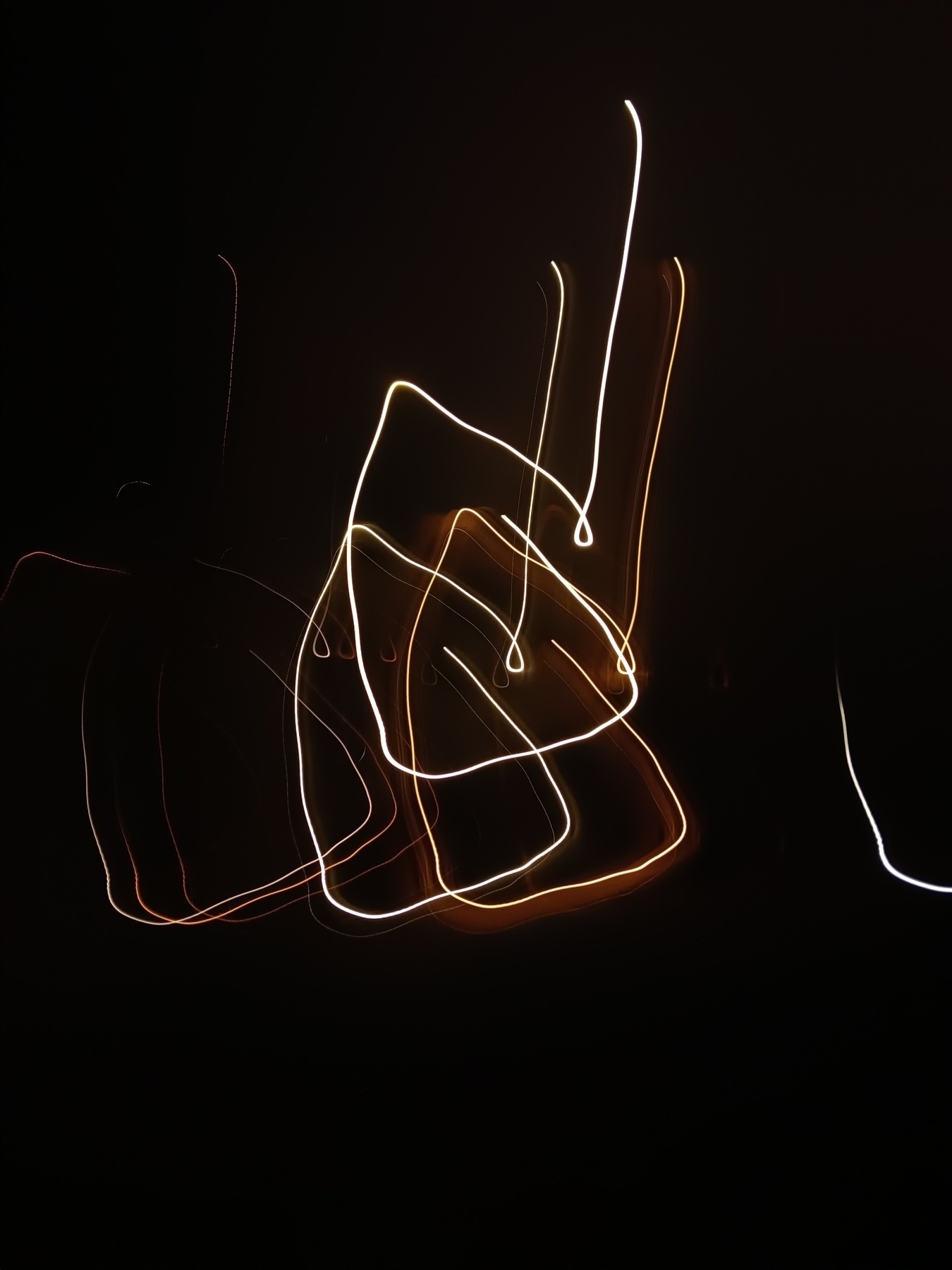


Polaroid of Lewis (courtesy of Lily)

Kristyn and I finally watched Dune: Part One last night (we were riveted!), and now we’re going to see Part Two tonight. I knew it wouldn’t take much, but Villeneuve’s film definitely whet my appetite for reading the books.
I found a marvelous post that uses the Dune books to show evolving trends in book cover designs over the years.

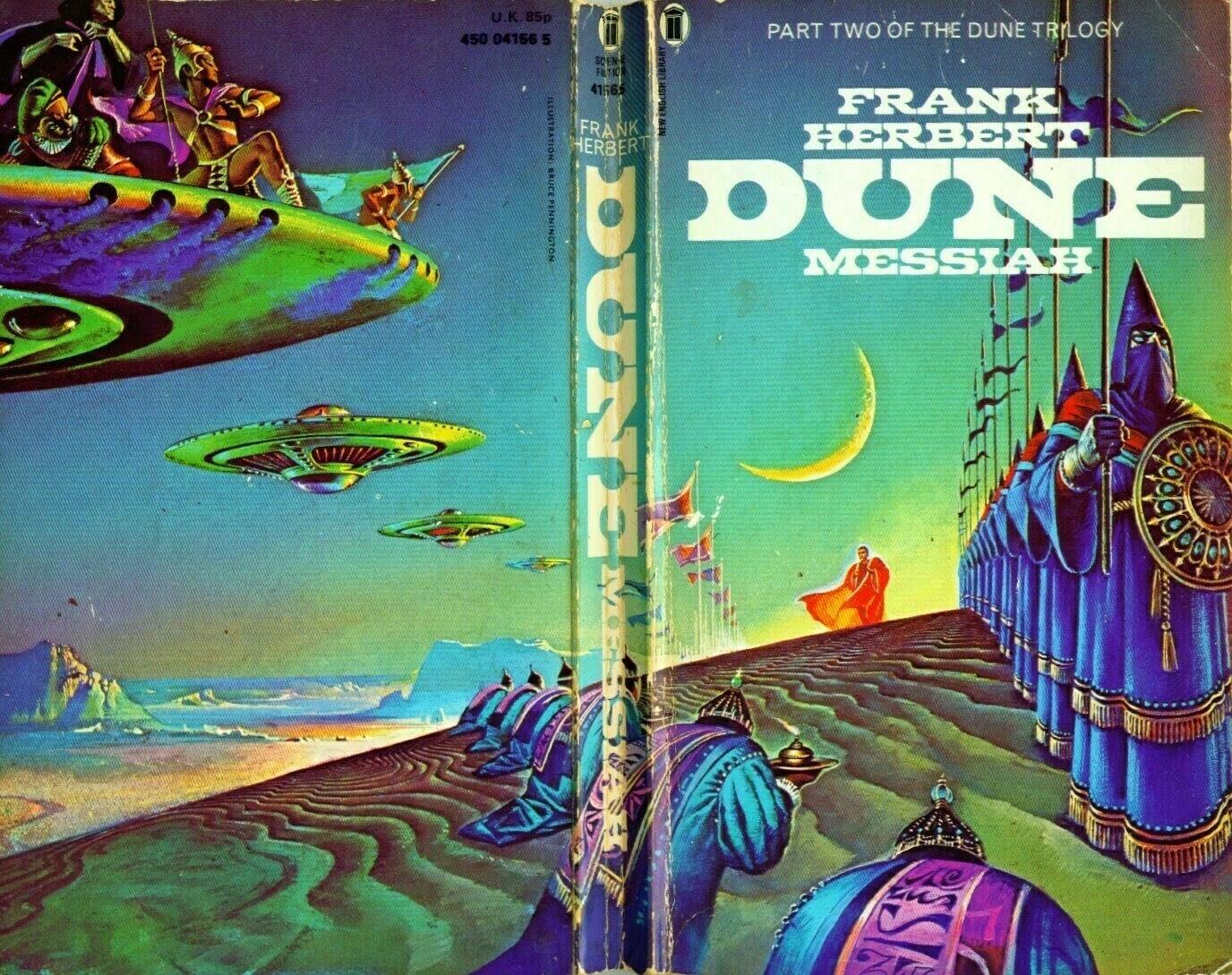
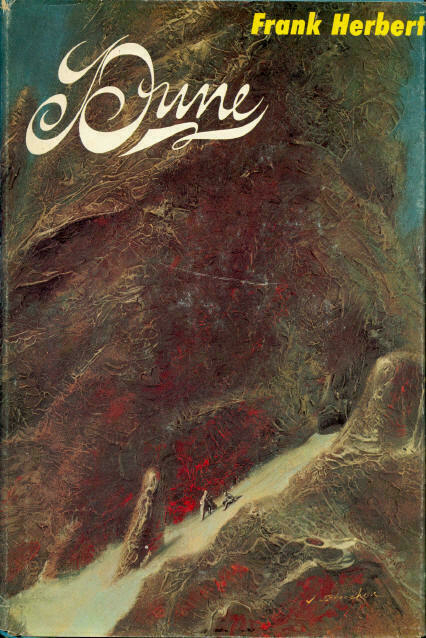
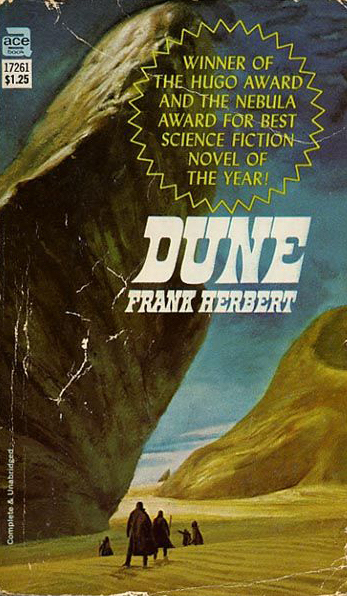
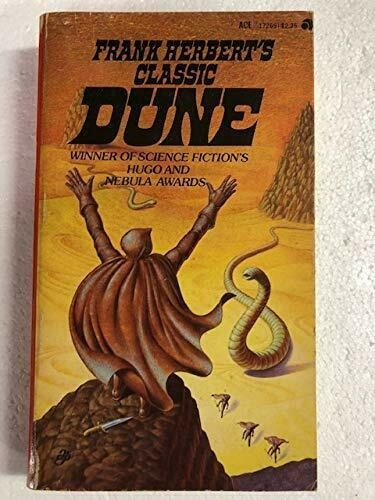
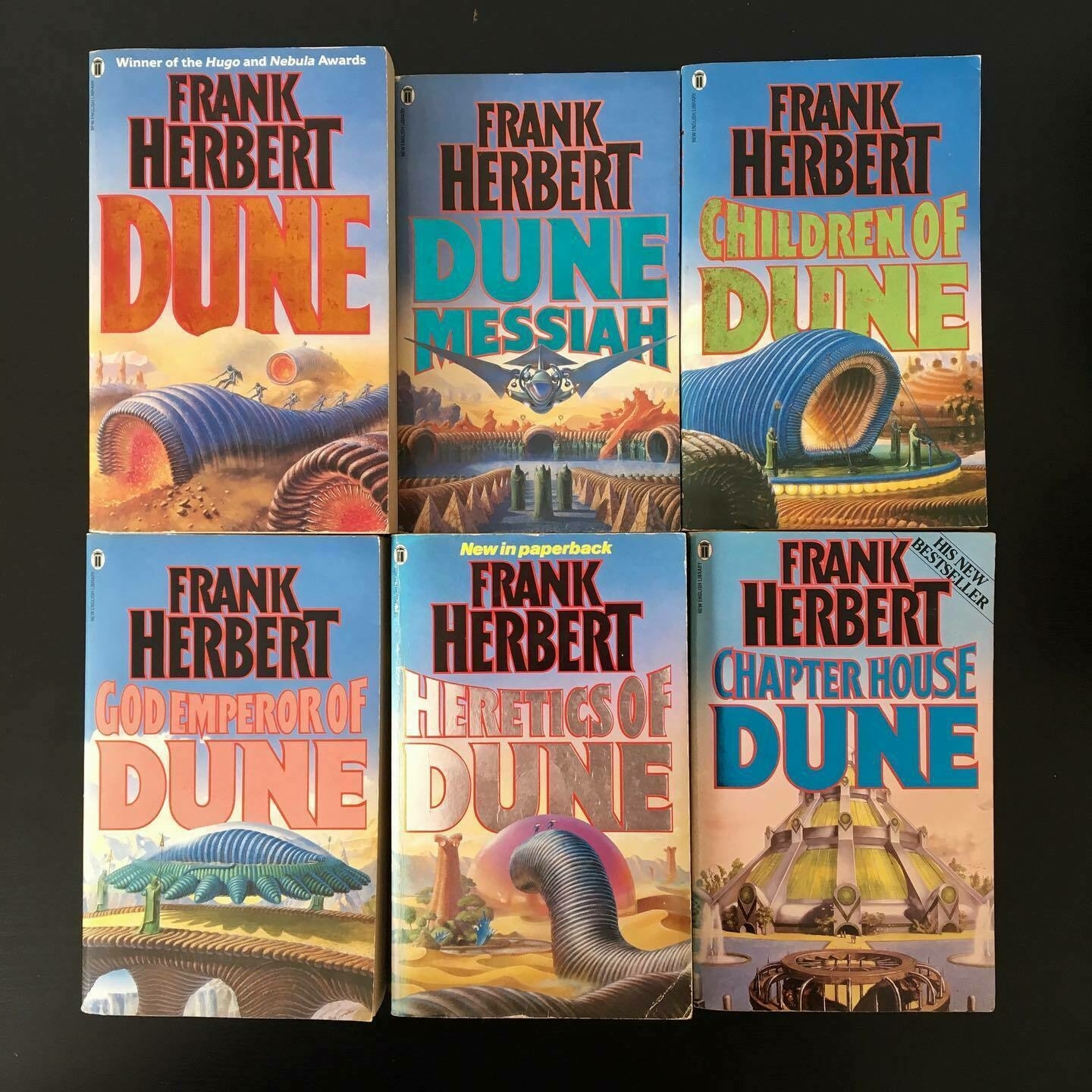

There are not many essays that need to be written, but J. Brandon Meeks has provided one of the rare exceptions. In “We Don’t Need Revival,” Meeks considers how the phrase “we need revival” has been repeated so frequently that it’s become an axiomatic mantra—no longer argued for but simply assumed. Evangelical Christians take for granted that revival is good, that it is necessary, that it ought to be sought (through prayer and other means), and that it might stave off our culture’s decline to barbarism. (Recently, 9Marks has put out a whole journal on revival and Jon Bloom published a piece at DesiringGod, as part of a series of posts on revival, entitled “Why We Long for Revival.") But, as J. Brandon Meeks demonstrates, each word in the phrase “suffers from an odd mix of ambiguity and specificity, which just happens to be the exact recipe for confusion.” Meeks essentially works through each word (“we,” “need,” “revival”), showing what is apparently implied in each case and then patiently demonstrating how the converse is actually true. Alas, I will likely end up almost reproducing the essay in the form of block quotes below.
First, “we”:
Do we need revival? Who is we? We cannot be those who are outside of the covenant of grace; those who have neither known God nor named the name of Christ. It wouldn’t be a re-vival we needed since there had been no “vival” in the first place. We would need to be born again. So they aren’t we.
We are those who have been crucified with Christ, buried with him in baptism, and raised to walk in newness of life. We are those who have been set free from the Powers of death and darkness; liberated from the domain of Sin. _We_are those who have been washed, sanctified, and justified in the name of Jesus Christ and by the Spirit of our God. We are those who are “now called the sons of God,” who also “shall be like him” in glory. We are those bound by chains of grace, living between the great bookends: “No Condemnation” and “No Separation.” We are heirs of God and joint-heirs with Jesus. We are the ones who have been given “all things that pertain to life and godliness.” We are not of those who draw back, but those who believe to the saving of the soul. We are the grateful recipients of covenant mercies made fresh every morning. We are those who have been filled with the Spirit, made partakers of the divine nature, adopted and appointed as sons of the Most High God, and destined to sit with Christ upon his Father’s throne. We are the Church of Christ; his living body and beloved bride. We are more than conquerors through him who loved us! Tell me, does this sound like a motley crew of spiritually bereft souls to you? I think not.
Next, “need”:
We Need revival. The implication is that there is some intrinsic deficiency in the Christian experience; some void that needs addressing, some gaping hole that only a “new move of God” can fill, something miraculous to offset the monotonous quotidian existence of “ordinary” Christians. This notion is grounded upon the outrageous assumption that the gifts and graces presently at our disposal are both insufficient for the task to which the Church has been called. Namely, that of baptizing the nations and teaching them to obey the commands of Jesus.
What is it that we have that is deemed to be so woefully ineffectual? We have the personal presence of the Triune God operating as both vanguard and rearguard as we march beneath the banner of the crucified and risen Christ. We have the delegated authority of the One who left death cold and lifeless in the grave. We have the very Spirit which raised Jesus working in us, upon us, with us, and for us. We have “Moses and the prophets,” that is to say, we have the Word of God—quick and powerful—unbound and unbridled. We have treasure in earthen vessels. We have meat to eat about which the world has never heard. We have the infinite power of creaturely weakness imbued with the sufficiency of God’s own Self. We have baptismal water that cleanses the conscience, confirms our faith, assures our hearts, and testifies to the faithfulness of our God. We have tangible promises; promises which we can eat and drink—promises that grab eternity by both ends and bring them into the present in the presence of Christ. We have lives we can live and deaths we can die for the glory of God so that there is no scenario in which a life cannot be offered in sacrificial service for the sake of Christ.
We have enough. And enough is enough. To say that we need revival is to say that the presence of God among his people is not enough. To say that we need revival is to say that the Word of God has lost its generative potency. To say that we need revival is to say the kerygma of the cross has lost its ancient power. To say that we need revival is to entomb the Church of God in an already evacuated grave. To say that we need revival is to say that two-thousand years of Christus Victor has been more regress than progress. To say that we need revival is to say that the Body of Christ is blind, halt, maimed, lame, or dead. To say that we need revival is to say that the fervent prayers of righteous men are ineffectual and avail nothing. To say that we need revival is to denigrate the blood of martyrs, devalue the sacrifices of persecuted brothers, and deny the worth of quiet fidelity. To say that we need revival is to err by knowing neither the Scriptures nor the power of God. Enough is enough.
Finally, “revival”:
What, then, is this “revival” that we need? It cannot be the presence of God, we already have that. It cannot be an infallible witness of God’s revelation of himself, we already have that too. It cannot be anything that pertains to life and godliness, we already have that.
This is where the waters usually get murky. Those who make the claim rarely have a coherent definition of this necessary revival. It usually ends up being described as something of a divine do-over; a redemptive-historical repeat. Those who argue along these lines can often be heard saying things like “we need another Pentecost,” or “you can have your own private Pentecost,” or still yet, “have you had an Upper Room experience?” Please don’t get the wrong idea here. I don’t reject such sentiments because I harbor some disbelief in the power of Pentecost; I reject such cavalier expressions because they deny the power of Pentecost.
Pentecost, like Calvary, was a singular epochal event in redemptive history. Like the cross, it was an historical moment of such potency and significance that it can rightly be described as transhistorical. That is, though it is rooted in a particular time and place, its effects are such that they burst the bonds of our normal notions of time and space. Even in the book of Acts, the effectuality of Pentecost was perpetual, while all of the accompanying phenomena were not.
Just as we need not have a repetition of Calvary in order for atonement to be made for sinners not yet born in the first century A.D., just as Jesus need not rise a second time from the grave in order to vindicate himself and his people before his Father, neither must there be another Pentecost in which the Spirit is made available in power to the people of God. To suggest that we need revival, if revival is conceived of as being a “fresh Pentecost,” is to make hash of the words of Peter, Paul, the Four Evangelists, and anyone else who may have mentioned the cross or the Spirit in the canonical Scriptures.
Meeks lands the plane perfectly with these words:
However, if by “revival” they simply mean that we need Christians to be what we already are, use what we already have, and do what we are already able to do by the help of God, then I have no objections. I have no objections because there is now no “revival” of which to speak.
Of course the proper word for the activity described above is obedience. Faithfulness is supernatural insofar as it is birthed in us by grace and worked out through us by the Spirit, but it isn’t the sort of thing that requires sawdust and gospel quartets. I have a sneaking suspicion that one of the real reasons that Christians have been so quick to parrot the phrase in question is that it is much easier than admitting that we are lazy. If we have a mandate, the resources, and a field in which to labor, we can’t very well blame our slothfulness on a breakdown somewhere in the supply line. We can’t blame God for not sending us the revival we needed to get the job done. As long as “we need revival” to do virtually anything meaningful for the kingdom, we are pretty much free to sit on our pious rears and pray for the kingdom to come. I say enough is enough.
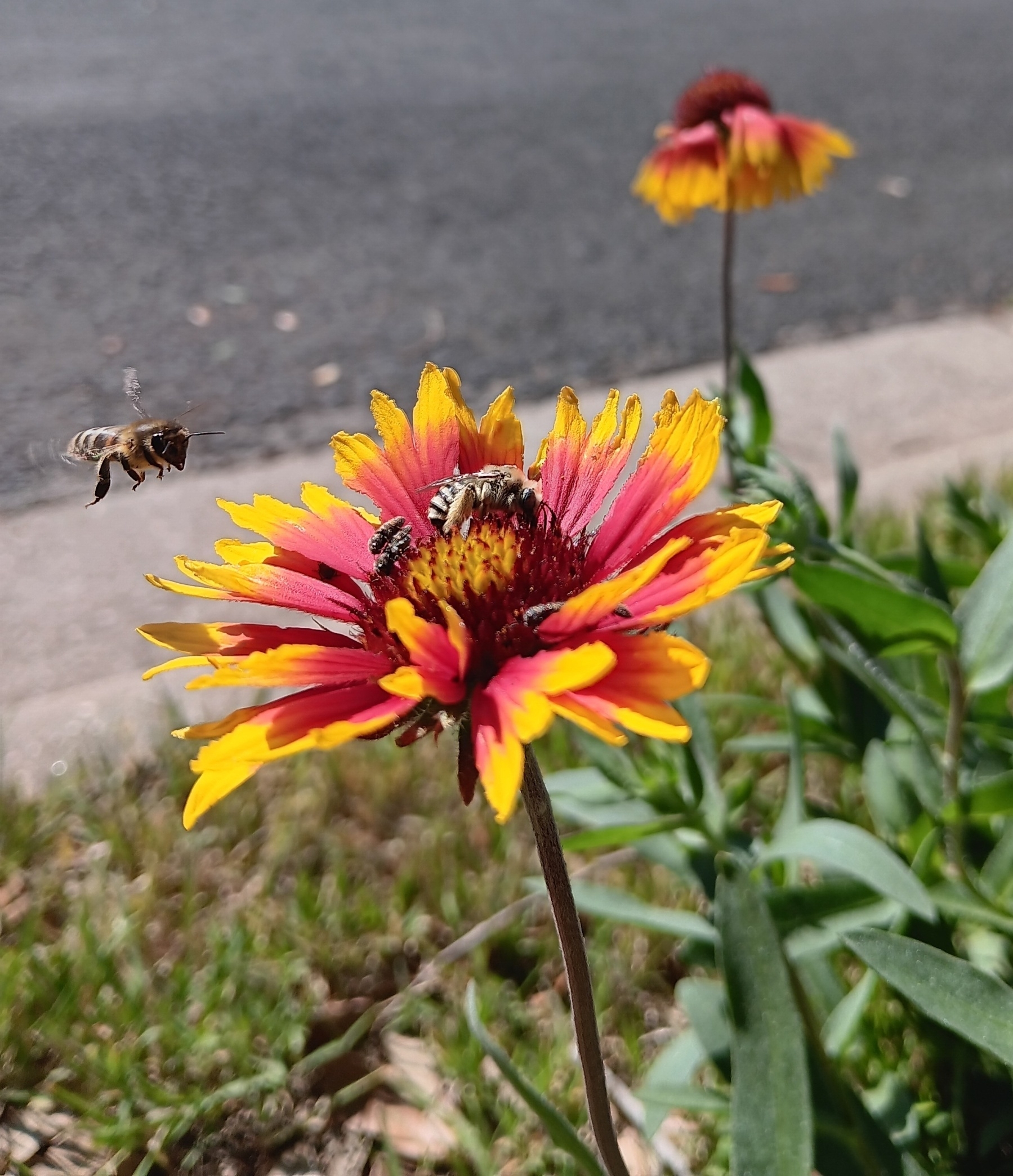
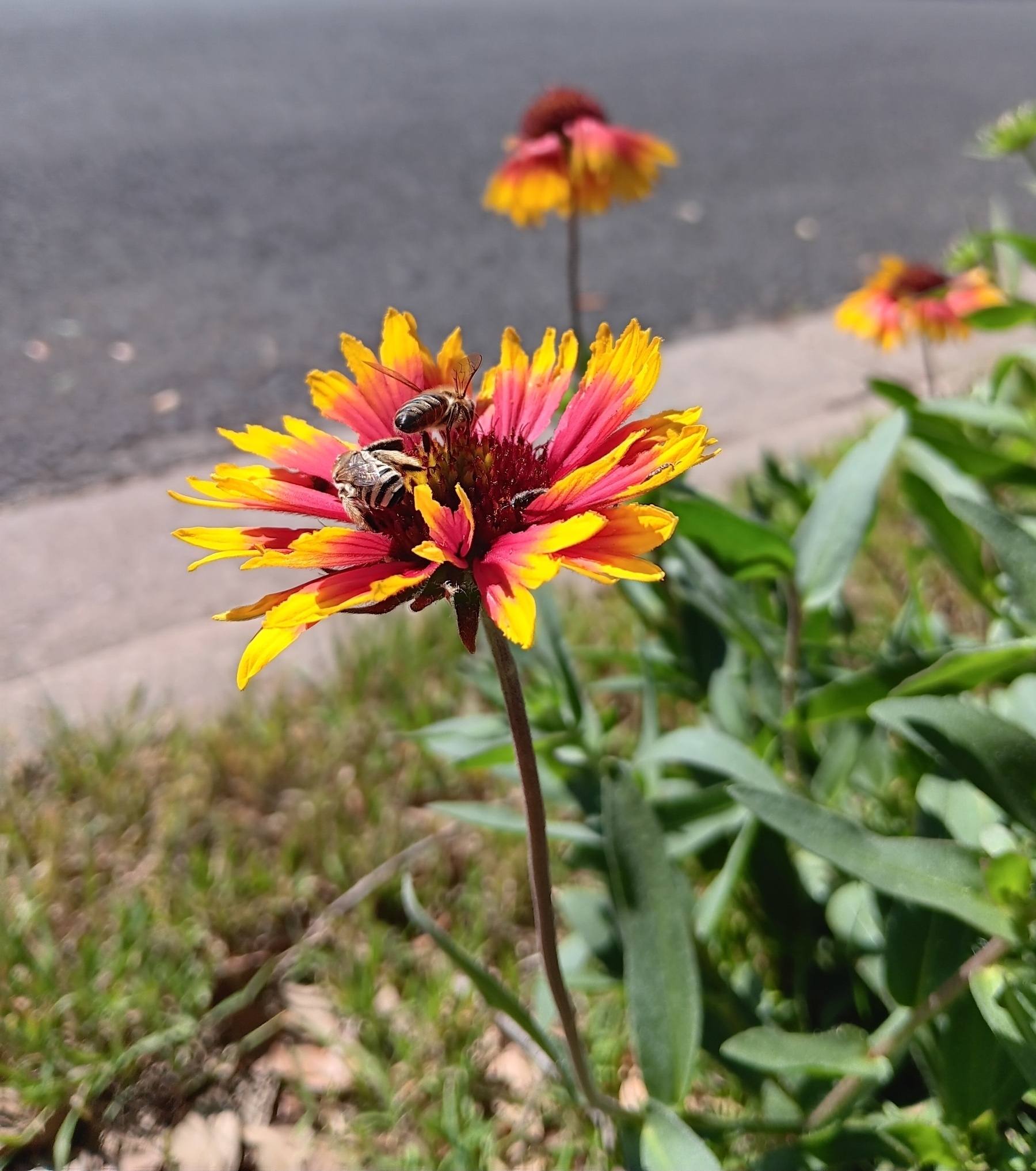
As a native Austinite, I surely have a biased and overly-sentimental attachment to the great republic of Texas and, in particular, to the capitol city. I grant all that. Even so, I’ve become increasingly impatient with people who complain about where they live. This applies more broadly than just to Austin. I’m convinced that any place on earth has a certain charm or beauty waiting to be discovered. The issue is one of attention. If we see a place as boring or ugly, the problem is likely one of perspective. Seeing the beauty of the place where one lives is, I think, a spiritual practice—a demanding discipline—of attending.
Matthew Crawford, on the problem of science being wielded as a form of authority—in service of technocratic ends—rather than utilized as a mode of inquiry:
As authority, Science is invoked to legitimize the transfer of sovereignty from democratic to technocratic bodies, and as a device for insulating such moves from the realm of political contest. During the pandemic, a fearful public acquiesced to an extraordinary extension of expert jurisdiction over every domain of life. A pattern of “government by emergency” has become prominent, in which resistance to such incursions are characterized as “anti-science”.
One of the most striking features of the present, for anyone alert to politics, is that we are increasingly governed by this device. An emergency “state of exception” is declared to renew acquiescence in a public that has grown skeptical of institutions built on claims of expertise. And this is happening across many domains. Policy challenges from outsiders presented through fact and argument, offering some picture of what is going on in the world that is rival to the prevailing one, are not answered in kind, but are met rather with denunciation. In this way, epistemic threats to institutional authority are resolved into moral conflicts between good people and bad people.
A surprisingly large and rapidly growing body of Americans have looked at what the educational establishment is offering and have said, No thank you. From kindergarten through university, that establishment has decided that its job is not to teach any particular skills or bodies of knowledge, but rather to perform certain quite specific political attitudes; to strike poses and teach students to strike the same poses. […]
However, it seems that many parents would prefer their children to learn something substantial. And this enrages the educational establishment and its enablers in the political sphere, who will brook no criticism, even when what their favored groups choose to perform is plain racial hatred, especially of Jews. A “factory of unreason” is what they’ve built, and they’ll do anything they can to prevent people from opting out of labor in that factory.
I am a fan of almost anything that disrupts the hegemony of this fatuously self-righteous and profoundly anti-intellectual educational establishment, which exists not to lift up the marginalized and excluded but rather to soothe the consciences of the ruling class. May the forces of disruption flourish.
May they flourish indeed.